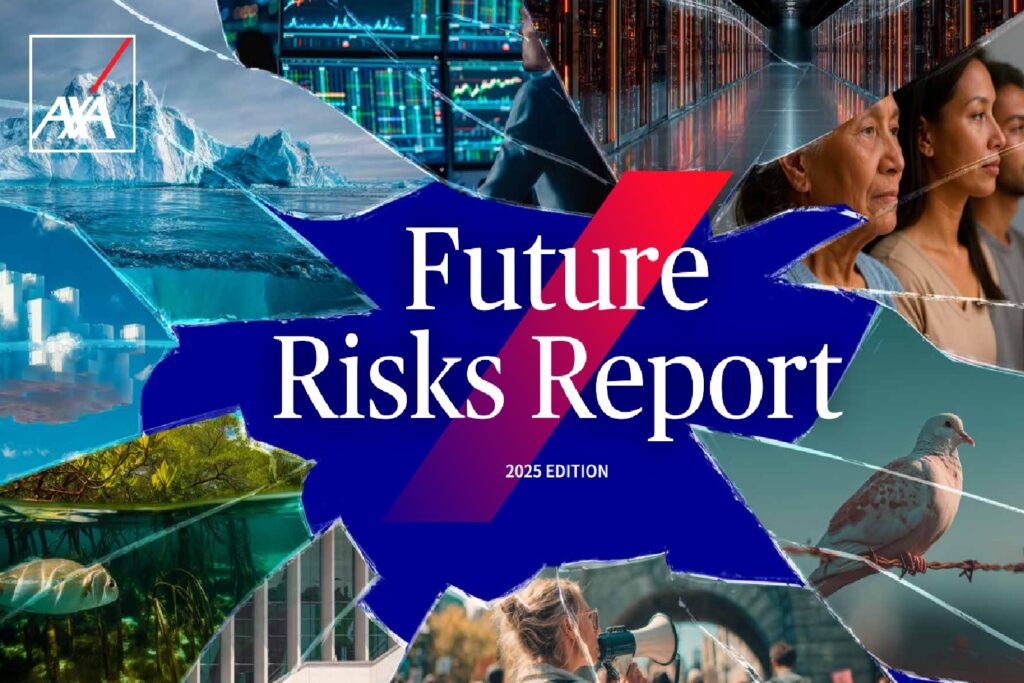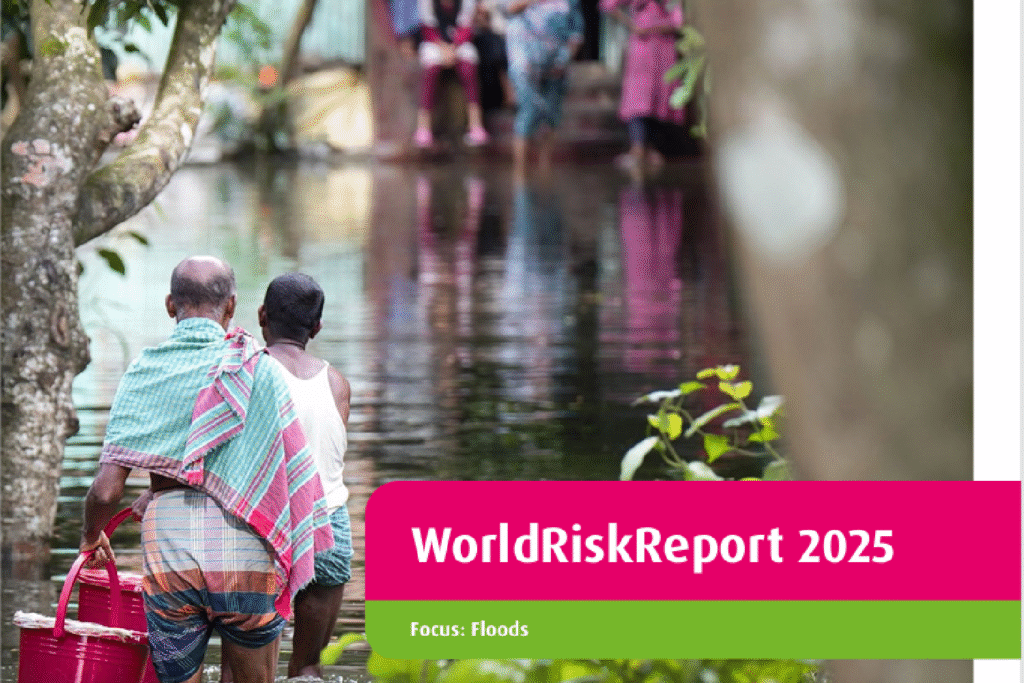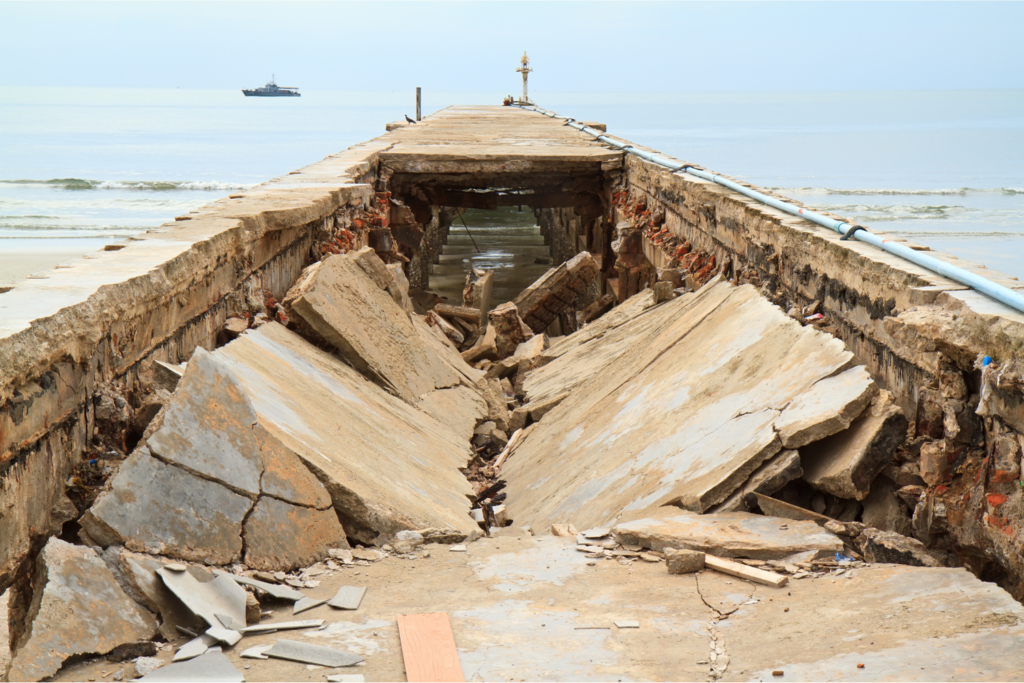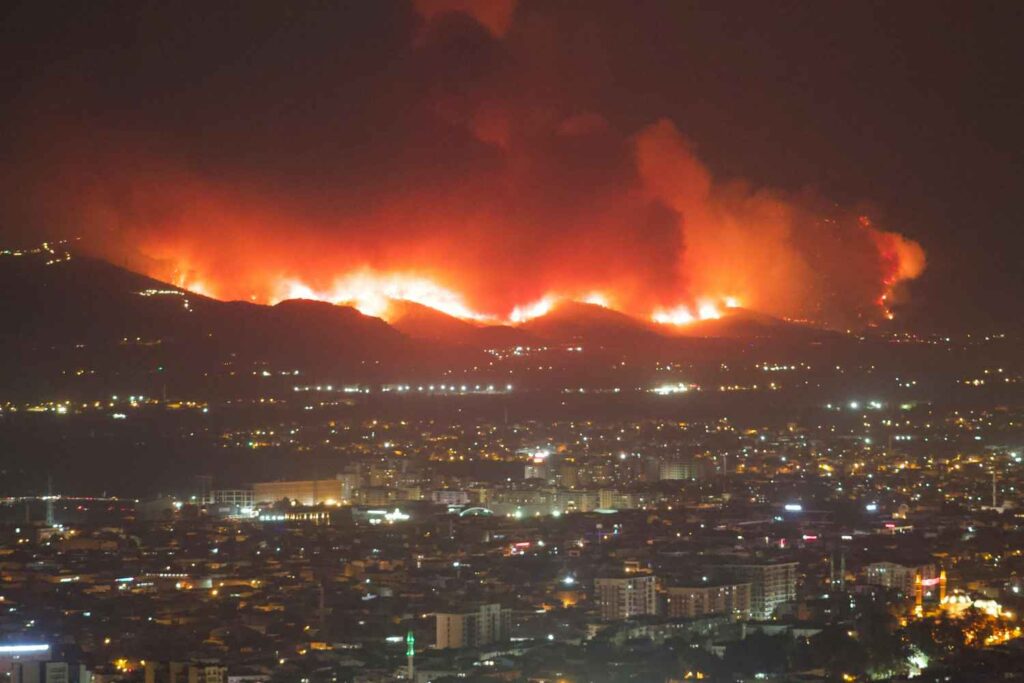Future Risks Report 2025
The AXA Future Risks Report 2025 presents a comprehensive analysis of global risk perceptions, emphasizing how increasing social fragmentation is compounding systemic vulnerabilities across societies. The report identifies climate change, geopolitical instability, cybersecurity, artificial intelligence and big data, social tensions and movements, natural resources and biodiversity loss, macroeconomic risks, energy risks, financial stability risks, and […]
Future Risks Report 2025 Read More »










